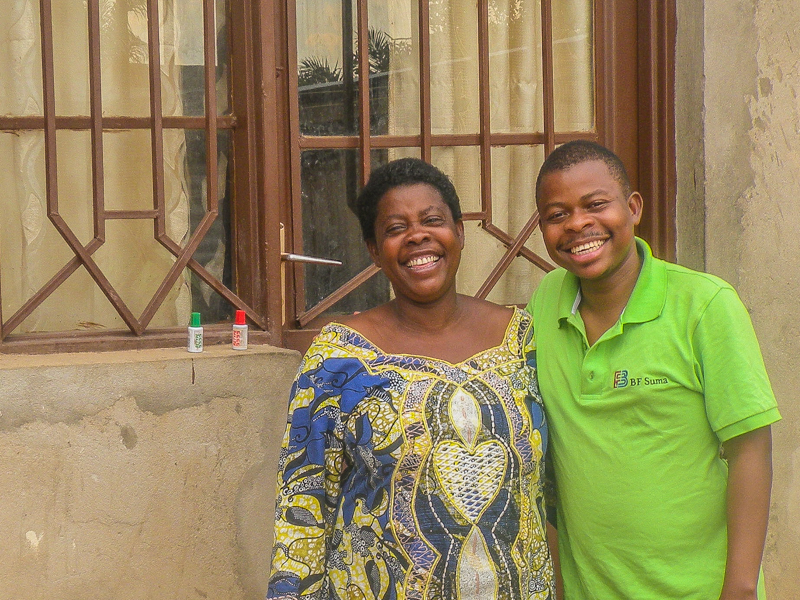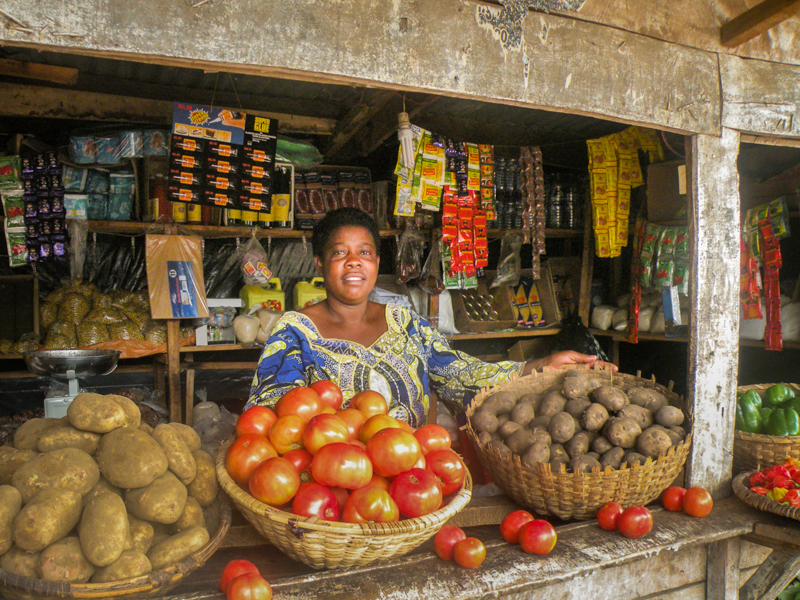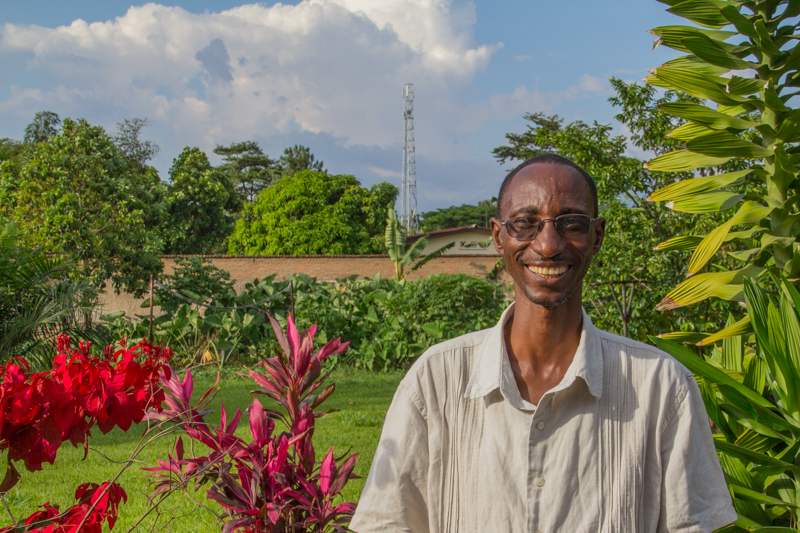At HOPE International, we partner with missionary-aligned microfinance institutions, ministries, and churches—equipping them with financial resources, tools, and expertise to reach the underserved in their communities. We do this because Christ-centered microfinance needs many workers. To impact people across the HOPE network, diversity helps us better operate in and impact the diverse world for the Lord.
In 1 Corinthians 12:12, Paul writes,“Just as a body, though one, has many parts, but all its many parts form one body, so it is with Christ.” If the human body is working to accomplish a goal, it is necessary for the different parts of the body to work in unity. The eyes need to communicate with the hands to communicate with the nose. Similarly, if HOPE is working to provide financial services in an area and another like-minded organization is doing the same work, we are much more effective by combining our efforts and working in collaboration and unity. Continue Reading…






















